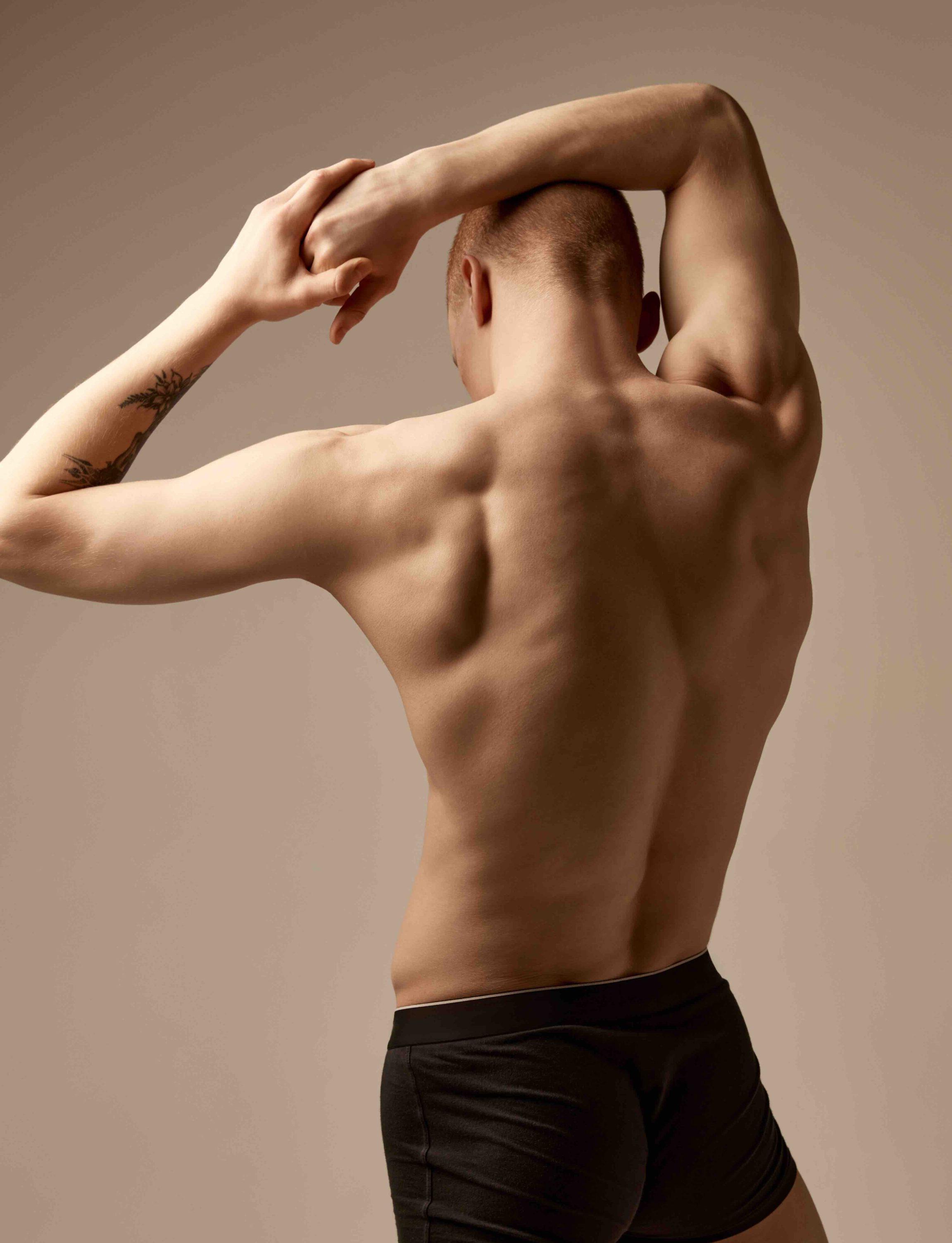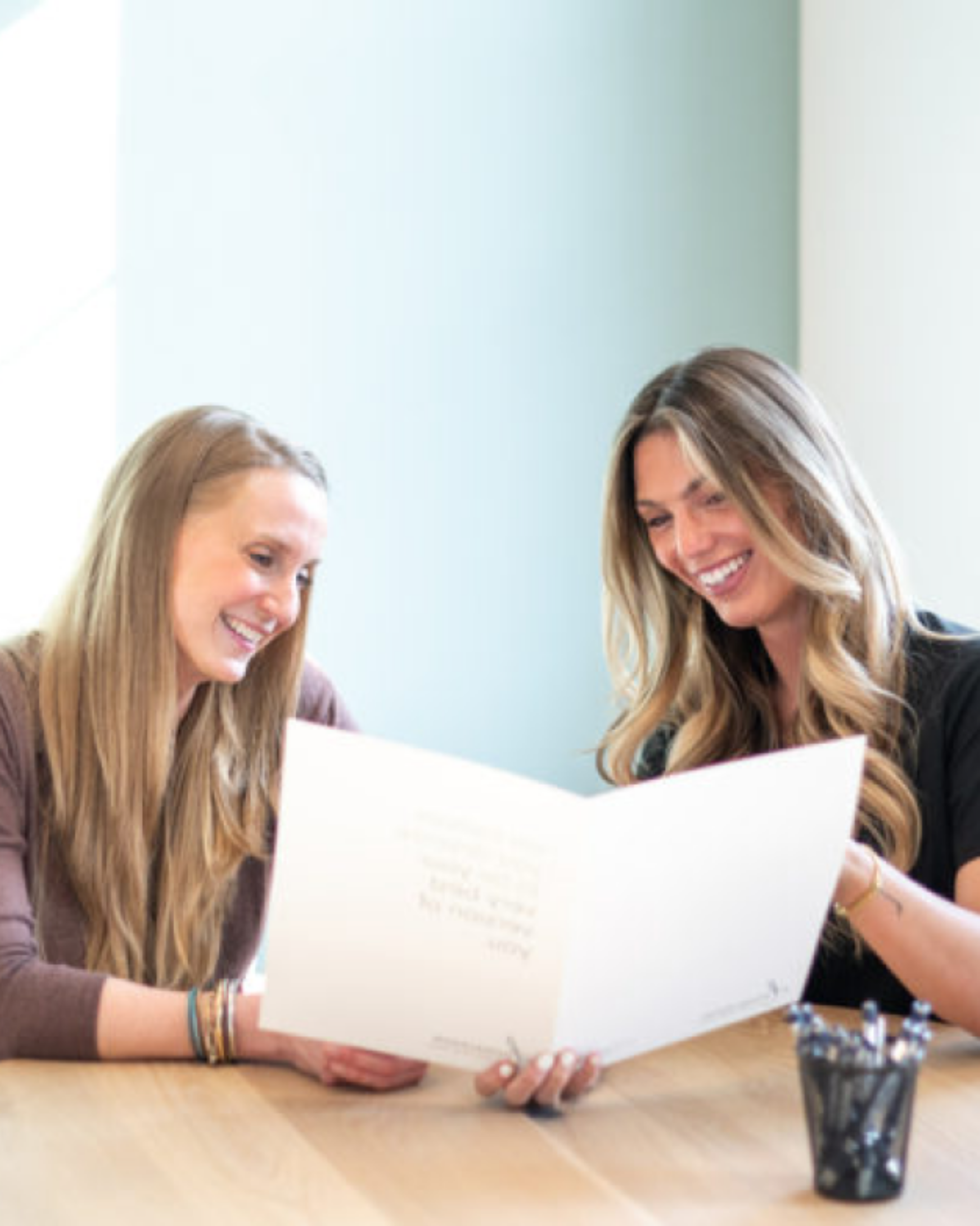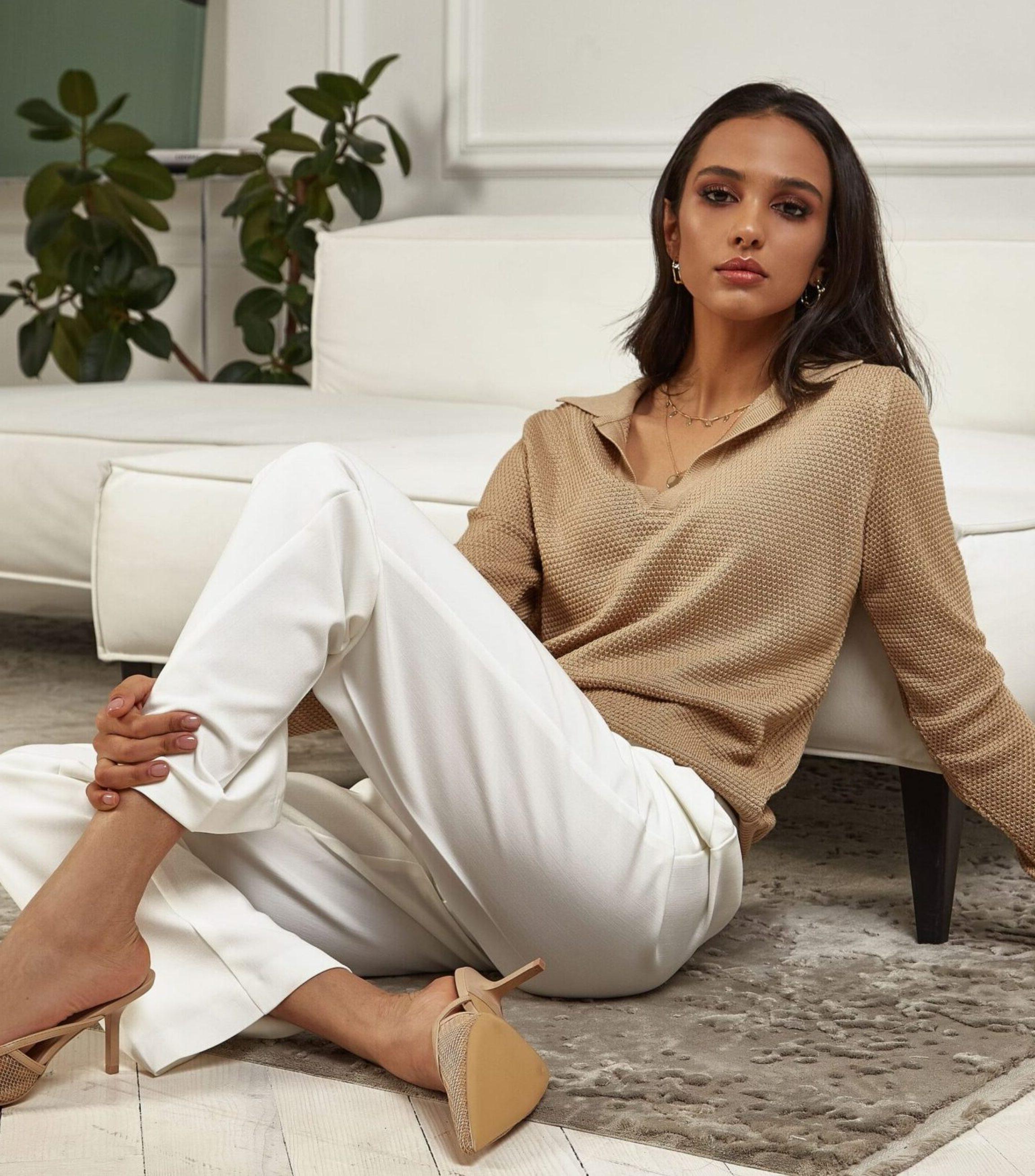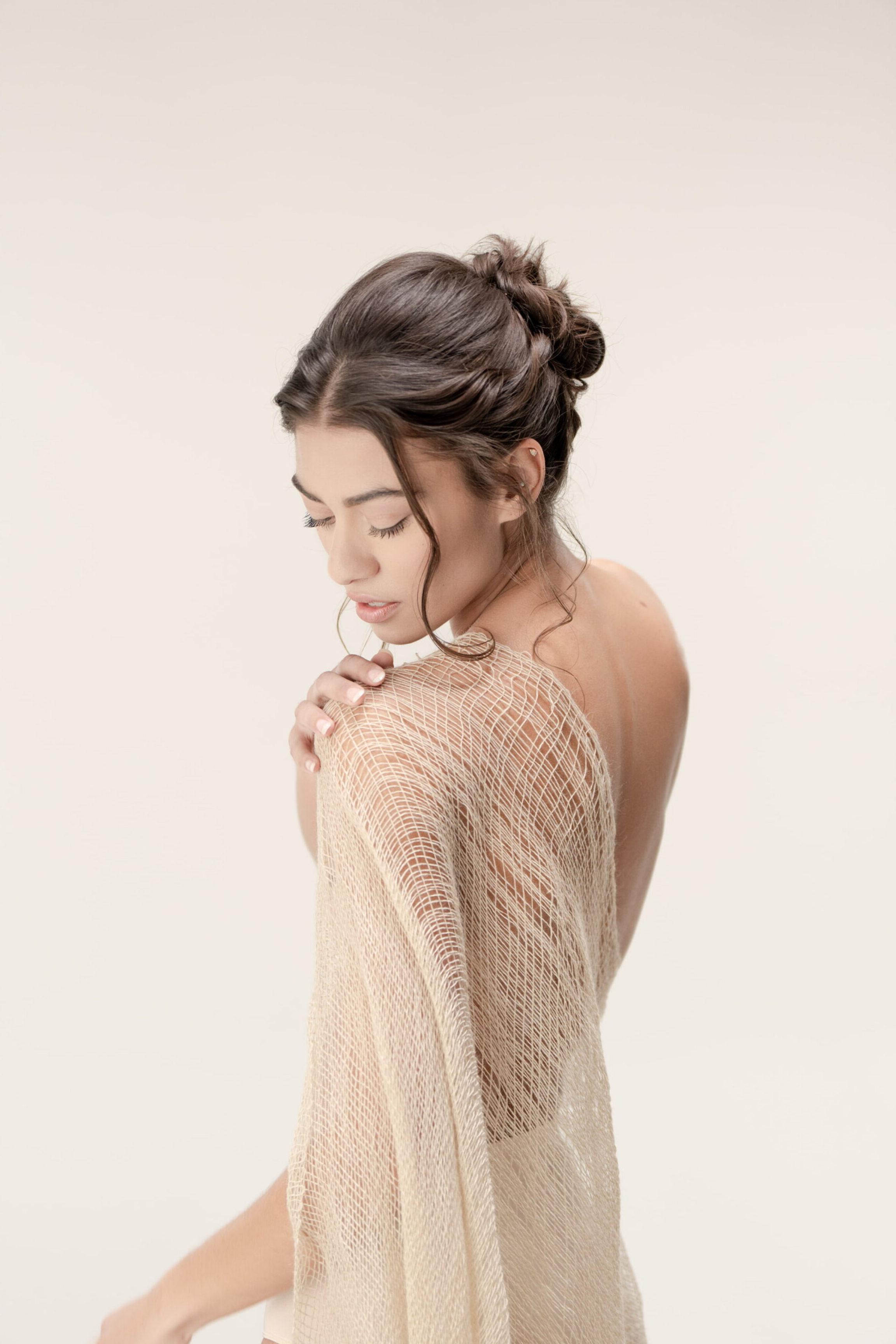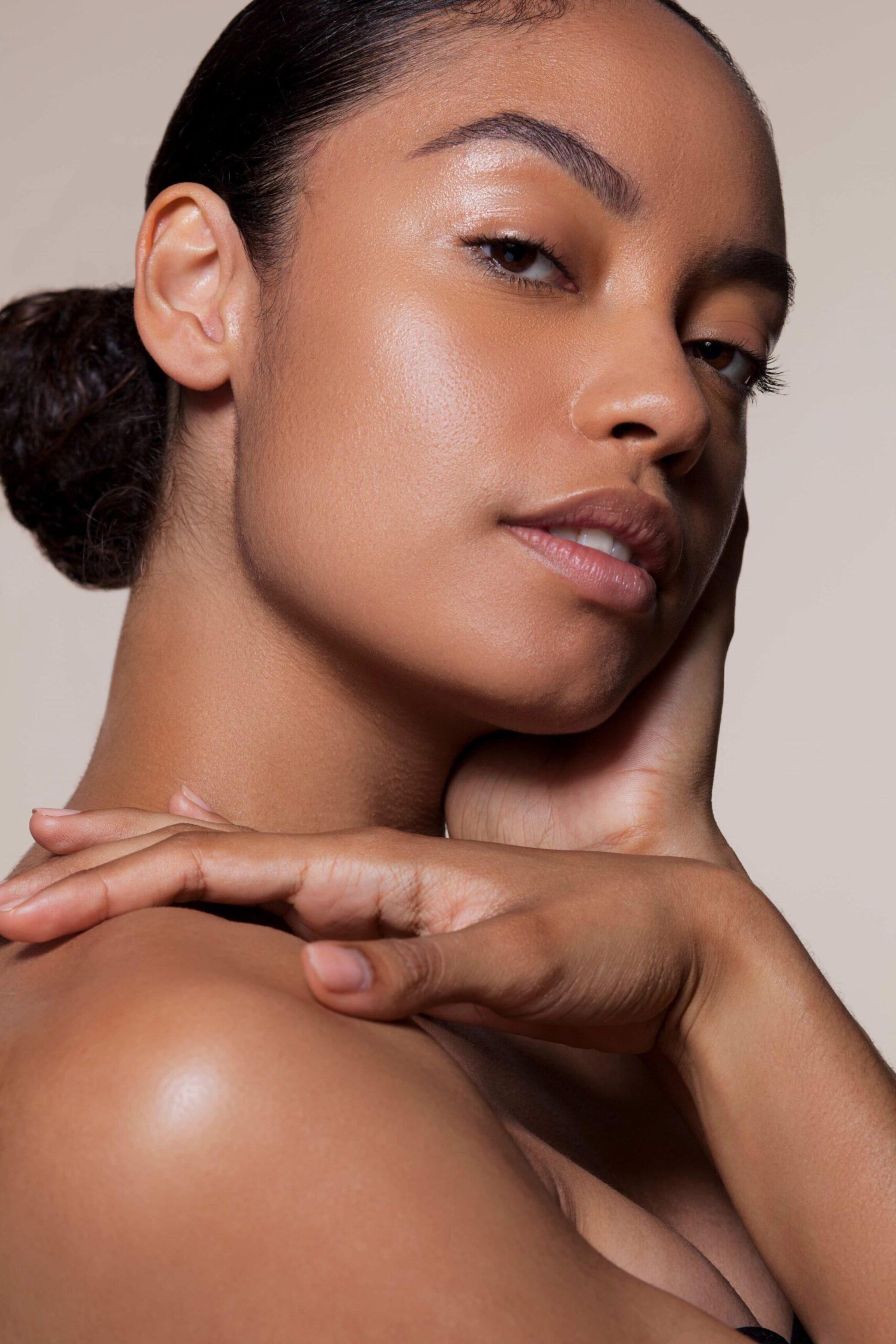How to Plan Your Filler and Botox around the COVID Vaccine
The COVID Vaccine & Fillers: The Best Way to Do Both Safely
As Ohio vaccinations increase, questions have arisen about possible contra-indications for the COVID vaccine. Many injectable patients have been left wondering: “should I wait to get the COVID-19 vaccine if I have recently had Botox or fillers?”, and “should I wait to receive Botox and fillers if I am newly vaccinated?”
As leading plastic surgeons in Columbus, Ohio, we use the most recent data available to provide guidance on the safety surrounding Botox, fillers, & the COVID vaccine, and how long is an appropriate amount of time to wait in between them. In order to decrease your potential for late-onset swelling, we recommend you err on the side of caution by scheduling time between your injections and the vaccine.

Receiving Injectables After the Vaccine
It is safe to receive treatments like Botox and fillers after receiving the COVID vaccine. The vaccine is not a contra-indication for Botox or fillers, meaning that if you are already vaccinated (or are planning to become vaccinated before your injectable visit), you have no reason to worry!
However, our injectors do recommend waiting approximately 2 weeks after your vaccine to come in for a Botox/filler treatment. The reason for this is to wait for any potential symptoms from the vaccine subside; not everyone experiences noticeable symptoms after vaccination, but your body will typically have some sort of an inflammatory response to the vaccine (which is what you want in order to create the antibodies to the virus) that you should wait out before resuming or trying new cosmetic treatments.
Receiving the Vaccine After Injectables
Is it safe to get the vaccine after Botox?
Yes! In our experience, we have not observed any instance where a patient has experienced side effects related to their Botox treatment after receiving the COVID vaccine, nor from other wrinkle relaxers like Dysport, Xeomin, or Jeuveau.

Is it safe to get the vaccine after fillers?
Yes. It is safe to get the vaccine if you have a history of fillers. However, there is a very slight possibility you may receive some swelling afterward. There have been three cases reported by the FDA (out of a sample of 15,184) in which patients have experienced late-onset swelling in the area of their filler following the COVID-19 Moderna vaccination, most likely related to the body’s inflammatory response.
Reported symptoms of these cases were mild and quickly resolved. It is normal to be swollen for a couple of weeks after fillers. However, if swelling returns three to four weeks after fillers, this may be a symptom of your body’s immunological response following the vaccine.
In fact, this type of delayed-onset swelling isn’t uncommon. It is fairly normal to see residual swelling of the injection area anytime there is a diffuse inflammation response occurring in the body. Inflammation can be caused by any number of things that trigger an immune reaction — certain foods, environmental factors, and, of course, viruses can all cause varied levels of inflammation.
Guidance provided by the American Society of Plastic Surgeons (ASPS) states that, for these reasons, they do not discourage vaccination for any individual with a history of filler or Botox use.
Our Recommendations
Plan out your appointments. We agree with the ASPS that the risk of swelling is so minimal that it should not dissuade you from receiving the vaccine, nor cosmetic injectables. The benefits of receiving the vaccine vastly outweigh any potential risks or side effects like those described in the FDA’s report. It should not matter the order in which you receive them, as long as you provide yourself an appropriate buffer period to allow your body’s natural immune response to settle.
How Long Should You Wait After Your Filler to Get the Vaccine?
Give yourself a minimum of two-weeks between your appointments, just to be safe. Make an informed decision regarding your vaccination, and be sure to ask your injector any questions you have before your treatment. As healthcare providers, we encourage vaccination against COVID-19. We will continue to follow the CDC’s guidelines as they apply to healthcare facilities, and closely monitor the FDA’s literature as it relates to dermal fillers and the COVID vaccine.
Place Your Trust in the Experts
Still have questions about interactions between Botox & fillers and the vaccine? Just ask us! Donaldson Plastic Surgery is a highly-respected surgical practice with extensive non-surgical and injectable offerings. We are of Allergan Diamond Level status (reserved for the top 1% in Botox and Juvederm sales across the nation). If you are ready to meet with an injector that you can trust with your aesthetic goals, we would love to meet you for a consultation! Schedule your personalized consultation today.

About the Author
Donaldson Plastic Surgery’s PA injector, Stacie Isler, has been performing cosmetic injectables for the past 12 years. She helped develop the injectables unit at the Ohio State University, and since then, has continued to educate and inspire her colleagues on the newest and safest techniques for injections.
Related Articles

Read More How Long After Filler Can You Sleep On Your Side?
How Long After Filler Can You Sleep On Your Side?
We advise patients to wait 3-5 days after their appointment before falling asleep on their side. Allowing time for the filler to settle is fundamental to achieving long-lasting and optimal results.

Read More Lessons Learned Along The Way
Lessons Learned Along The Way
Your favorite providers offer their most impactful aesthetic and functional medicine discoveries since joining Donaldson.

Read More What To Expect From A Lip Filler Appointment
What To Expect From A Lip Filler Appointment
Are you considering enhancing your lips with dermal fillers? To help you walk into the clinic with confidence, we have created this guide to help you fully understand what to expect from your first filler appointment.
